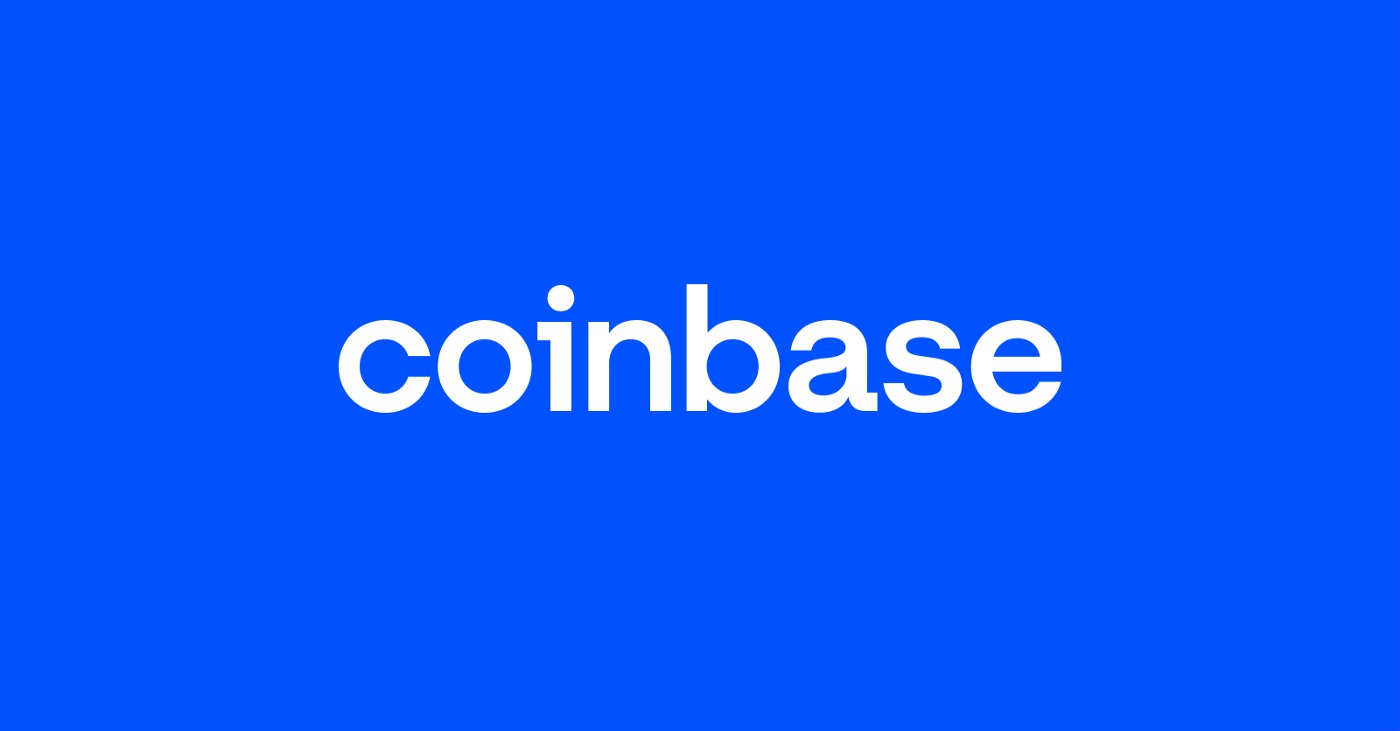
Coinbase to Delist Non-Compliant Stablecoins in EU by Year-End, Adapting to MiCA Regulations
In a significant move that underscores the evolving regulatory landscape for cryptocurrencies in Europe, Coinbase, one of the world’s leading cryptocurrency exchanges, has announced plans to delist stablecoins that fail to comply with the European Union’s Markets in Crypto-Assets (MiCA) regulation by December 30, 2024. This decision comes as the crypto industry braces for the full implementation of MiCA, set to take effect in early 2025.
The MiCA framework, hailed as one of the most comprehensive crypto regulations globally, requires stablecoin issuers to obtain e-money authorization in at least one EU member state. This regulation aims to enhance transparency, liquidity, and consumer protection standards in the crypto market.
“Given our commitment to compliance, we intend to restrict the provision of services to EEA users in connection with stablecoins that do not meet the MiCA requirements by December 30, 2024,” a Coinbase spokesperson stated. The exchange plans to offer European Economic Area (EEA) customers options to switch to compliant stablecoins, such as Circle’s USDC and EURC, which are pegged to the U.S. dollar and euro, respectively.
This move could significantly impact major stablecoin issuers like Tether, whose USDT token is the largest stablecoin by market capitalization but has yet to secure the necessary e-money license in the EU. In contrast, Circle became the first global stablecoin issuer to comply with MiCA’s requirements in July, positioning USDC favorably in the European market.
Coinbase’s decision aligns with actions taken by other crypto platforms, including OKX, Bitstamp, and Uphold, which have already limited the availability of non-compliant stablecoins. This trend signals a broader shift towards regulatory compliance in the crypto industry, potentially reshaping the stablecoin landscape in Europe.
The implementation of MiCA and the subsequent actions by major exchanges like Coinbase are expected to drive increased demand for regulated digital currencies in Europe. This regulatory clarity may also encourage innovation, as evidenced by companies like Next Generation and Decta announcing plans to introduce euro-pegged stablecoins on the Stellar blockchain.





